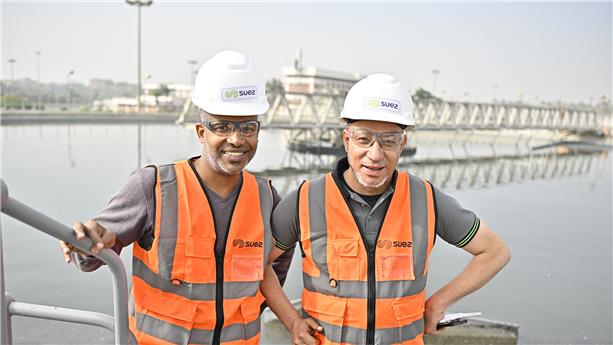The efficiency of the system relies partly on the capacity of SUEZ to take into consideration the operational factors of the hospital environment:
- unit organisation (building layout, services, certification),
- working hours,
- use of goods lifts and specific access routes,
- observance of hygiene rules,
- discretion of collection rounds.
Protection of the environment and a sustainable development approach were also looked at closely.
Strong management of different types of waste
Expert support from SUEZ and our hands-on approach ensure the best possible recovery of multiple waste categories on the hospital site: biowaste, paper, cardboard, plastic, metal scrap, etc. Expertise that has contributed to the first accreditations for the establishment.
Continuous improvement approach
As long-term partners, SUEZ and the University Hospital of Besançon monitor the quality and development of the service through regular re-assessments. SUEZ also provides proactive regulatory intelligence for the hospital.

